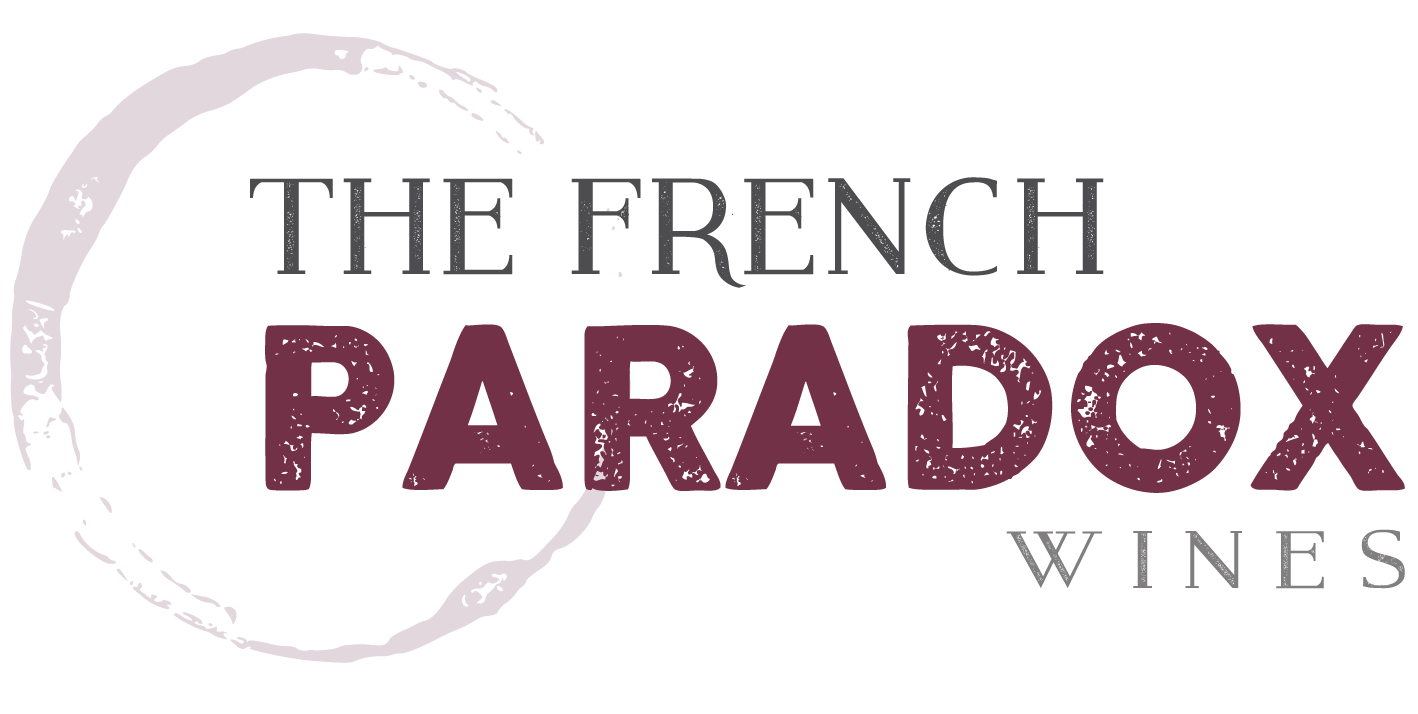A brief history of wine (not necessarily in correct chronological order)
Once upon a time, there was wine. Wine was easy to make because grape vines grew easily (and in places where other things didn’t) and all the ingredients for making the wine were present. Basically, the ingredients were (and are) grapes. That’s it.
Anyway, people liked wine because it was safer than water, as the alcohol in the wine killed a lot of bacteria. For instance, I don’t think anyone got cholera from wine. Also, the alcohol in wine made people tipsy or even drunk. Many people enjoyed that feeling (actually, many still do.)
So, in areas that grapes would prosper and ripen (because under ripe grapes make tart, low alcohol wines), wines were first, survival (safer than water!) and then commerce, because all commerce was agrarian. People harvested grasses, grains, and grapes and made them into products that they could trade for other things (clothes from flax, bread from wheat, etc.) that they needed. Eventually, as commerce likes order, different people started specializing, either because of the lands that they worked or because they skills that they developed or both. Wheat growers became bakers and grape growers became winemakers.
One of the important factors in the development of commerce was mobility of product. And since the barrel was the means of storage and conveyance for many other products (grain, bullets, whiskey, etc.) it was likewise used for wine. Barrel makers (coopers) determined that oak made particularly good barrels because: a.) it was available, and b.) one can make strong, straight staves from oak trees. So, winemakers stored and shipped their wines in oak barrels.
(Why not bottles, you might ask? Well, glass was certainly around then, but no one had figured out yet how to stop the wine from spilling out of the top of the glass conveyance. Yep, no one had invented a cork yet.)
Commerce grew, people (a few, anyway) prospered and communities formed governments. Governments saw the need to underwrite things like walls (for protection) and roads (for commerce). For this, they needed money. So, taxes were invented. Taxation was never very popular, and taxing items that people could do without didn’t raise much cash, so someone thought…tax wine! People will still drink wine even if its more expensive!(see paragraph #2).
Along with the development of government, came the development of organized religion. Organized religion knew about wine, of course, and government realized that organized religion was a good place to make wine (centralization), and easier tax collections, as long as organized religion was made a partner, of sorts, with government. (You know, like it is today). So organized religion, helped by government, muscled into the winemaking business and started walling off the best vineyard sites. Coincedently, they also started preaching against the consumption of wine, except for themselves, of course.
Then came the dark ages. Nothing much changed for a while.
Eventually, the Renaissance occurred, and with it, the rise of the merchant class. Government decided that actually working was not much fun and organized religion was getting too powerful to control, so the void was filled by the ‘middle man’, those that neither grew nor produced items, but focused, rather, on ‘selling’. The same items (bread, clothing and wine) were no longer traded for (inefficient!) but sold to a merchant, who sold then to another user, who sometimes was another merchant, who then sold the items to the consumer. Government didn’t care as long as they got their taxes. Organized religion didn’t care as they also sold items (like wine) to merchants (and demanded that the merchants donate a portion of profits back, so as to ensure getting into heaven. Just like today). And the poor were poor. No one asked them.
Many merchants were more concerned with making money than selling quality products. In order to help with this, merchants invented ‘advertising’ (also known as lying). Now about this time, people didn’t much care for old wine. Fresh, bright, flavorful wine was the style of the day. (This is long before Robert Parker invented thick wine). Wines (still held in oak barrels) were hard to sell, until a merchant lied and announced that old wine was even better than new wine! The English, who didn’t make wine, and don’t like fresh food either, believed this. Surprisingly, so do a lot of other people.
Old wines are costlier for the merchant because he has to store them until they sell. So, the old wine became more expensive than the new wine. People believed that since old wine was more expensive, it must be better. And if that’s true, then even older, more expensive wine was better still. And wine became a luxury item, except in those areas where the poor people could grow their own grapes and make their own wine unencumbered by merchants, government and organized religion. (Well, perhaps not religion). This place, called Italy, still exists today. There, the merchants have successfully fooled some people into buying more expensive wine (Robert Parker helped) but the poor people still laugh and shake their heads at the silly things that Americans believe about wine.
The End
